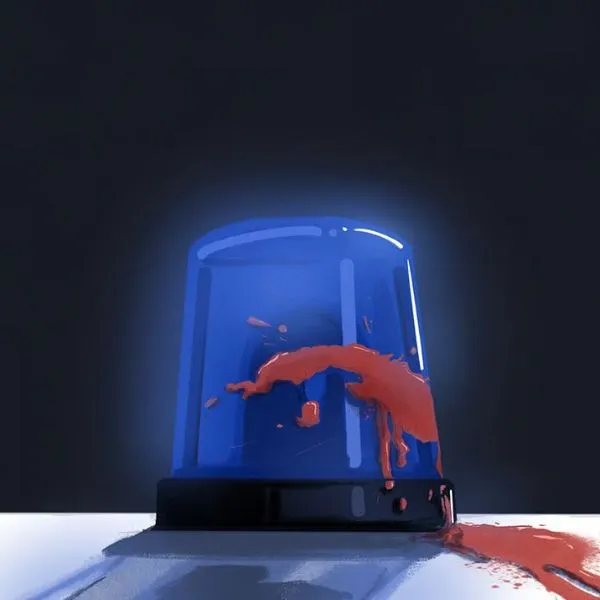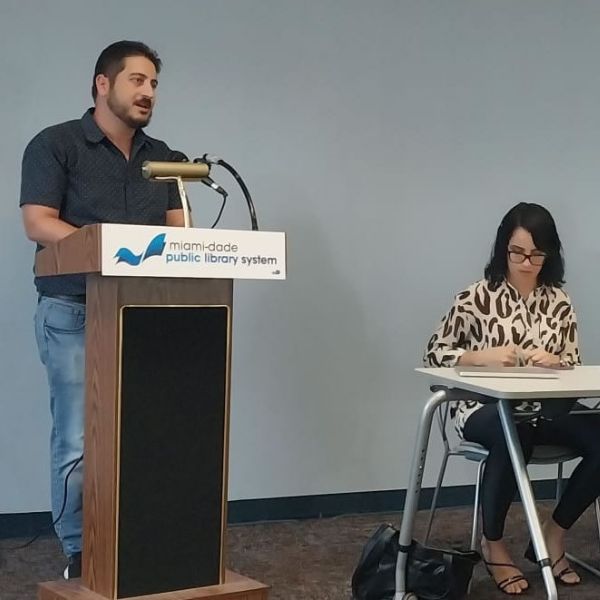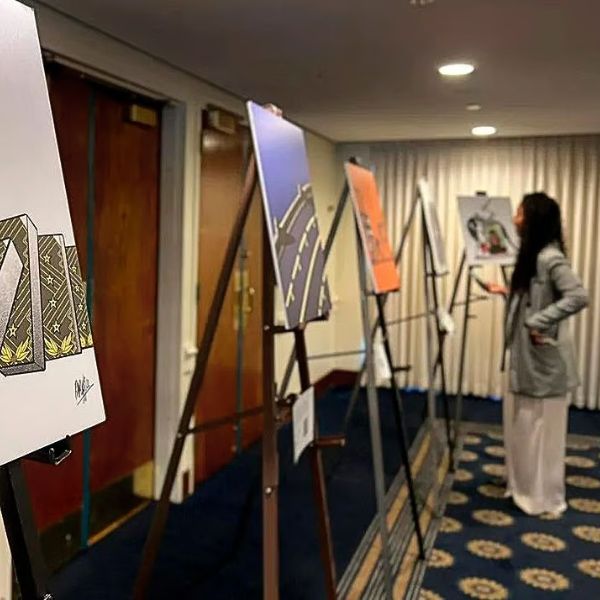elTOQUE and the Cuban Observatory of Human Rights presented on February 9, 2024, a journalistic investigation shedding light on police violence in Cuba: between 2019 and 2023, at least 95 people died at the hands of the island's law enforcement, while another 287 suffered non-lethal police violence. Among the victims are some well-known names and faces, but a large portion remain in the shadow of daily injustices that the government seeks to conceal. To better visualize and understand police violence, the Cuban Observatory of Human Rights and elTOQUE compiled a database detailing incidents and victims of violence perpetrated by Cuban armed forces over the past five years.
Police violence isn't solely about fatalities; it includes other frequent acts considered violent. Thus, in this investigation, "police violence" refers to the inappropriate or excessive use of physical force or power, whether directly or indirectly exercised by state agents (police, State Security, prison authorities, or others), resulting in injuries, deaths, or violations of human rights of those they should protect.
Other organizations, including Amnesty International, define "police brutality" as various human rights violations by police, such as beatings, racist insults, torture, extrajudicial killings, or indiscriminate use of riot control agents during protests. However, this investigation focuses on documenting physical and sexual violence based on reported incidents. Other forms of violence (psychological, economic, verbal, discrimination) were not included due to difficulties in registering and verifying them. The opacity of official sources makes it challenging to determine how law enforcement agents exert violence against citizens, limiting transparency, debate, and masking the true reality.
International rules govern when police can resort to force, especially lethal means. At the Eighth United Nations Congress on the Prevention of Crime and Treatment of Offenders in Havana in 1990, the UN established the Basic Principles on the Use of Force and Firearms by Law Enforcement Officials, regulating police violence.
These principles require each government and law enforcement agency to establish rules and regulations in line with them. They emphasize the need for law enforcement to possess different types of weapons and ammunition to apply force differentially, preferring non-violent means whenever possible.
Key elements include ensuring legislation penalizes arbitrary or abusive use of force or firearms by law enforcement officials as a criminal offense. They also prohibit invoking exceptional circumstances like internal political instability or public emergencies to justify violating these principles.
Seven forms of physical violence committed by authorities in Cuba between 2018 and 2023 were identified: sexual abuse, violent or arbitrary detention, extrajudicial execution, denial of medical care/negligence, death in custody, use of firearms, and excessive use of force. Several of these forms are politically motivated.
According to records, out of 382 people subjected to violence by law enforcement, 274 were victims of police violence due to political motivations—primarily within the prison system and during protests on July 11 and 12, 2021, and other public protests against authorities and the political system.
Public opponents of the Cuban government are more vulnerable to violent responses from state forces, especially prisoners and individuals in police custody, subjected to varying degrees of violence with limited avenues for complaint.
Created with information from elTOQUE









